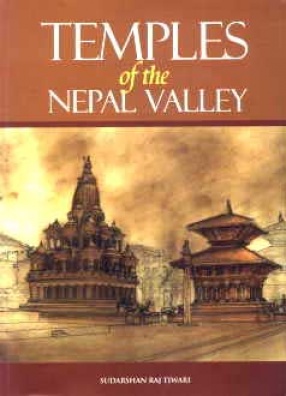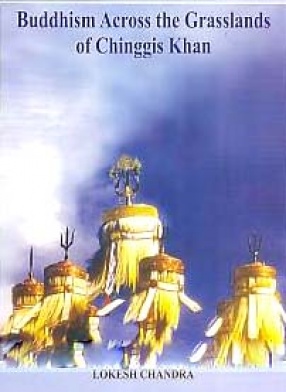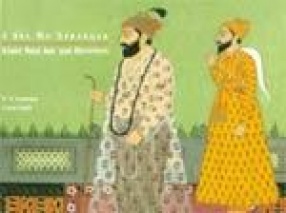Temples are dominant in the ensemble of Kathmandu Valley's traditional architecture. The image and visual appeal of the architecture of the Nepal Valley (as Kathmandu Valley used to be known in the past) and the skyline it composed are registered most by the multi-roofed temples. A significant number of these temples follow the Vastushastra, the classical Hindu ritual design principles as handed down from ancient times through oral tradition. But a philosophically and ritually different group of temples, the dyochhen, also line the streets of the Valley, literally merging with the style of the street-side residential architecture. This book presents, for the first time, a thoroughly researched account of the origins, development and detailing of temples of the Nepal Valley from the ancient Kirat period to the times of the Shah, showing how and why the Nepali temple came to be so different from the nagara and dravida styles popular in India, and became the varata style and design mentioned in the Vastushastra.
The book is presented in three sections: the first deals with the background to the uniqueness of the Nepali temple, the second discusses the towns and the sites of the temples, and the last with the development of temple architecture in various historical periods. The tiered temple has been most elaborated in terms of their rituals and symbolism, design principles, materials and methods of construction.





There are no reviews yet.